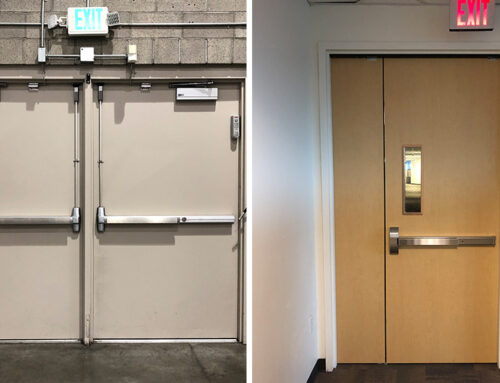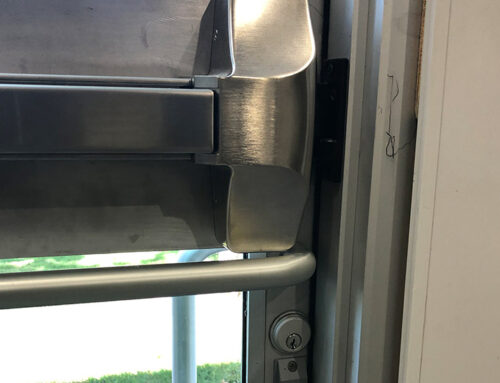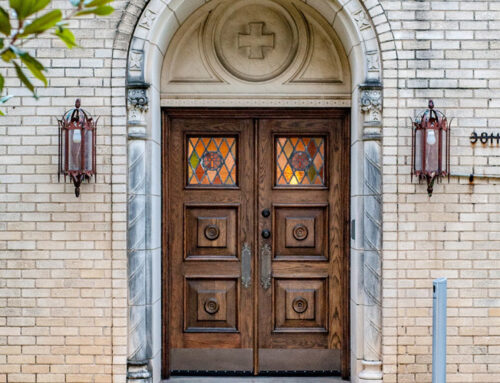Choosing the right bullet-resistant doors for your business is a crucial decision when it comes to enhancing security. These doors are designed to protect your employees, assets, and property from potential threats such as break-ins, armed robberies, and even acts of terrorism. To make an informed decision, consider the following factors when selecting bullet-resistant doors for your business:
- Threat level assessment: The first step in choosing bullet-resistant doors is to assess the potential threat level your business may face. Different door types offer varying levels of protection, so understanding the level of security you need is essential. Consult with security experts and local law enforcement to determine the specific threats your business might encounter.
- Ballistic ratings: Bullet-resistant doors are rated based on their ability to withstand ballistic attacks. The most common rating systems are established by the National Institute of Justice (NIJ) and Underwriters Laboratories (UL). These ratings classify doors into different levels, such as NIJ Level I, II, IIIA, III, and IV, or UL Levels 1 through 8. Choose a door with a rating that corresponds to the threat level identified in your assessment.
- Material selection: Bullet-resistant doors are typically made from materials like steel, fiberglass, and reinforced glass. The choice of material affects both the appearance and security level of the door. Steel doors are the most secure but may not be ideal for all business types due to their weight and aesthetics. Consider the balance between security and aesthetics when choosing a material.
- Door design: The design of the bullet-resistant door should complement your business’s overall aesthetic. Some doors are specifically designed to look inconspicuous, while others are more industrial in appearance. Opt for a design that blends well with your building’s architecture and decor.
- Frame and hardware: The door frame and hardware are essential components of a bullet-resistant door. Ensure that these elements are also reinforced to match the door’s security level. Heavy-duty locks, hinges, and frames are necessary to maintain the door’s integrity.
- Installation: The proper installation of bullet-resistant doors is critical for their effectiveness. Hire professionals with experience in installing security doors to ensure that they are fitted correctly. The installation should also consider factors like the surrounding walls and windows to create a cohesive security system.
- Budget: Bullet-resistant doors can be a significant investment, so it’s essential to establish a budget early in the decision-making process. Be prepared to balance your security needs with your available budget. Remember that investing in security is an investment in the safety of your employees and assets.
- Customization: Depending on your business’s unique needs, you may require customized bullet-resistant doors. Customization can include factors like size, design, and additional features such as access control systems or bulletproof windows.
- Maintenance and warranty: Ensure that the manufacturer or supplier offers a warranty and maintenance plan for your bullet-resistant doors. Regular maintenance is crucial to keep the doors in optimal condition, and a warranty provides peace of mind in case of any unexpected issues.
- Local building codes and regulations: Check with your local authorities to understand any building codes and regulations that pertain to security doors. Compliance with these codes is essential to avoid potential legal issues down the line.
Choosing the right bullet-resistant doors for your business is a critical aspect of enhancing security. By considering factors such as threat level, ballistic ratings, material, design, installation, budget, and compliance with local regulations, you can select doors that provide the necessary protection while also aligning with your business’s aesthetic and operational needs. Ultimately, investing in the right bullet-resistant doors is an essential step in safeguarding your business and ensuring the safety of your employees and assets.







